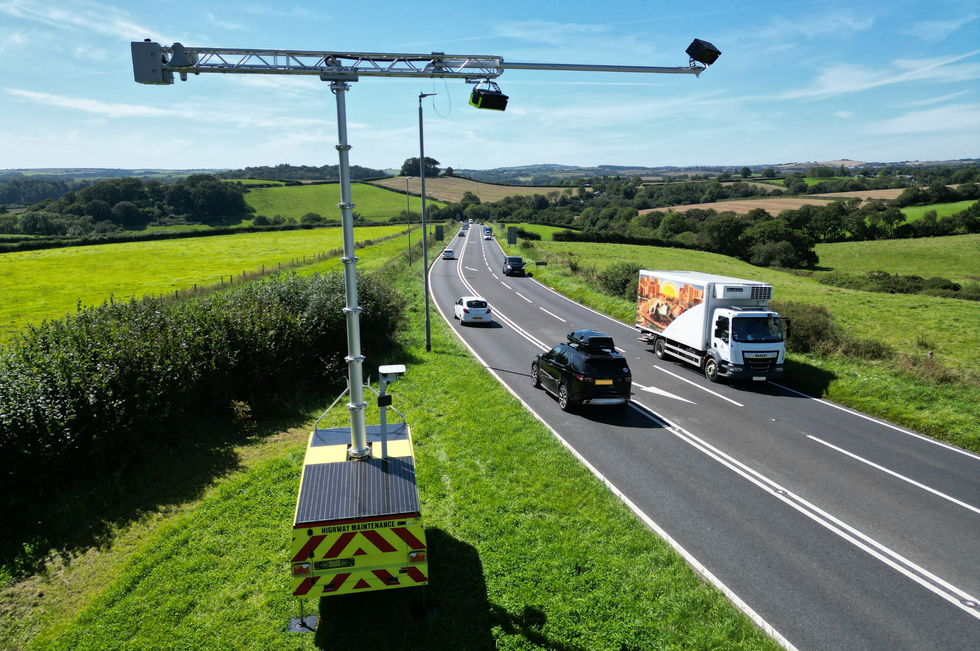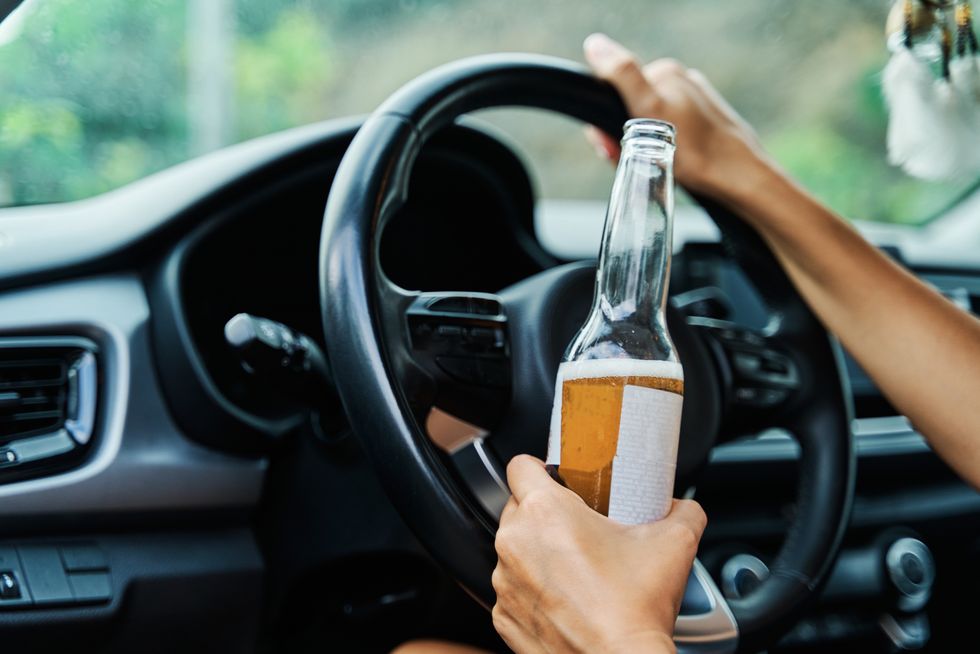Felix Reeves
Guest Reporter
A groundbreaking AI camera system designed to detect impaired drivers is being trialled for the first time in the world across Devon and Cornwall this December.
The state-of-the-art technology, developed by road safety firm Acusensus, identifies driving behaviour that may indicate a motorist is under the influence of alcohol or drugs.
The system immediately alerts nearby police officers who can then stop the vehicle and conduct roadside impairment testing.
Based on existing mobile phone and seatbelt detection technology, the relocatable camera system can be moved to different locations where police have intelligence about potential drink or drug driving offences.
Do you have a story you'd like to share? Get in touch by emailing [email protected]

The system works by detecting specific road use and behaviour patterns typically associated with impaired driving.
When suspicious behaviour is identified, the information is transmitted instantly to police officers stationed nearby.
Officers can then intercept the vehicle to conduct further investigations, including roadside testing for drugs and alcohol.
Superintendent Simon Jenkinson of Devon and Cornwall Police's Roads Policing Team emphasised the devastating impact of impaired driving both locally and globally.
He said: "We have an expansive road network of nearly 14,000 miles in Devon and Cornwall meaning our officers cannot be everywhere.
"Camera technology helps us to target operational resources in an effective way, where intelligence informs our deployment."
He confirmed the cameras will be deployed at various locations throughout December, with officers working closely with Acusensus to ensure the system's accuracy and effectiveness.
The trial coincides with several other drink-driving initiatives taking place throughout December including the Lift Legend campaign, Operation Limit, and new Night Bus services in parts of Torbay and North Devon.
Vision Zero South West has previously collaborated with Acusensus on the Heads Up AI camera system, which detects mobile phone and seatbelt offences.
Geoff Collins, UK General Manager of Acusensus, said: "Driving while impaired is incredibly dangerous and quite often you only find out that a driver was drunk or under the influence of drugs after a collision has occurred."
The cameras can be strategically relocated across the region based on police intelligence about potential drink or drug driving hotspots.
Similarly, Councillor Stuart Hughes, vice-chair of Vision Zero South West and Devon County Council's Cabinet Member for Highway Management, added: "Driving while impaired through drugs or alcohol is incredibly dangerous and an extremely thoughtless and selfish act."
LATEST DEVELOPMENTS:
- Driving licence law changes to ban passengers would be a 'no brainer' as support grows - 'Good idea!'
- Labour could launch major driving law changes in the near future - 'Entirely right to do'
- UK car production plummets to 44-year low amid 'enormous strain' on major brands - 'Disastrous'

Paul Barker, editor at Auto Express, said the technology is promising and welcomed, but warned that it shouldn't become another excuse for reducing the number of traffic officers.
He said: "[The technology] may look like a win for those allocating police budgets, but without more police officers on the road, and real visibility for enforcement, law-abiding drivers will continue to be at the mercy of those irresponsible drivers who endanger others through their own reckless actions - but are savvy enough to know where the camera sites are."
Find Out More...